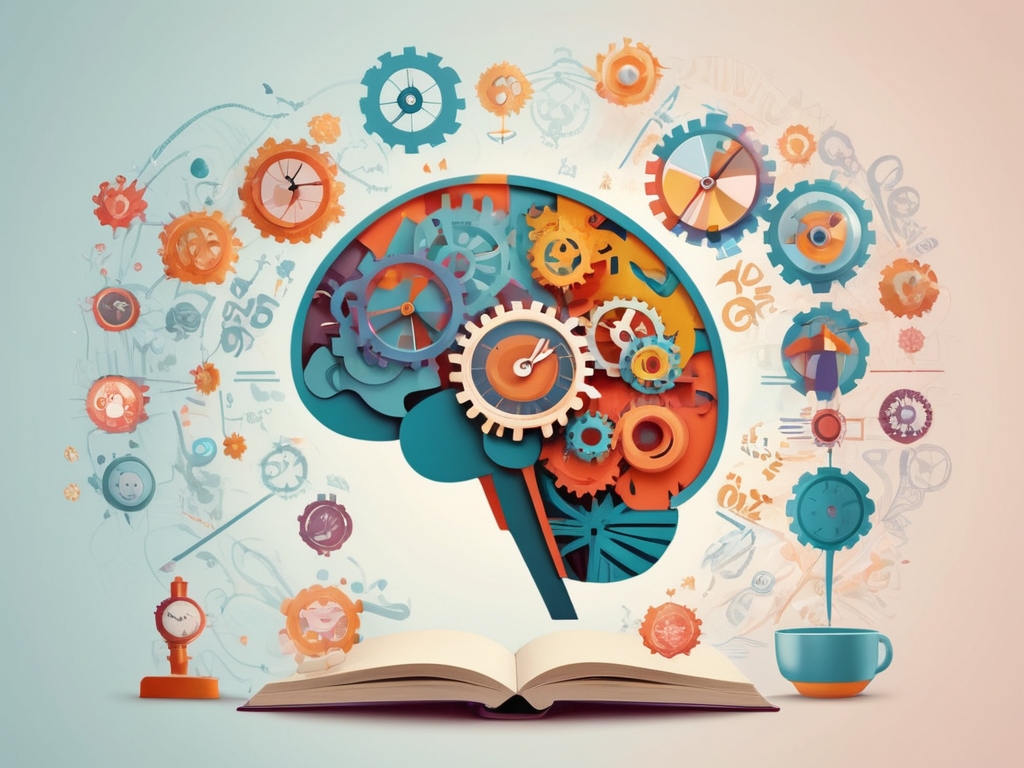A Year of Fun: 50 Easy Kindergarten Crafts for Every Month


EDDHMANY Khadija
Blogger
Hi, I’m Khadija! I specialize in creating engaging educational posts and PDFs for teachers, using AI to make learning even more accessible. Follow me for tips, tricks, and freebies, and don’t forget to check out my TPT store for more resources!
- Email:[email protected]
Popular Posts
-
 Mindfulness in Education: A Guide to Coping With Difficult Times
Mindfulness in Education: A Guide to Coping With Difficult Times -
 100 Christmas Charades Game – 4 Fun Categories for Holiday Entertainment
100 Christmas Charades Game – 4 Fun Categories for Holiday Entertainment -
 🎃 7 Ultimate Halloween Fun Ideas: Trivia, Games & Spooky Decor! 2024 🎃
🎃 7 Ultimate Halloween Fun Ideas: Trivia, Games & Spooky Decor! 2024 🎃 -
 A Year of Fun: 50 Easy Kindergarten Crafts for Every Month
A Year of Fun: 50 Easy Kindergarten Crafts for Every Month -
 50 Best Free Productivity Apps for Students
50 Best Free Productivity Apps for Students -
 45+ Best Free AI-Powered Tools for Creating Stunning Presentations
45+ Best Free AI-Powered Tools for Creating Stunning Presentations
Resources
Get Inspired
AI tools
Exploring the role of artificial intelligence in modern learning environments.
Artificial intelligence (AI) has experienced rapid growth in recent years, presenting both an opportunity and a challenge for learning. On November 1, the Official Languages and Bilingualism Institute (OLBI), led by French as a Second Language Professor Martine Rhéaume, held a webinar on AI in the service of language teaching…
Craft
Creative projects and activities to enhance student engagement through hands-on learning.






















